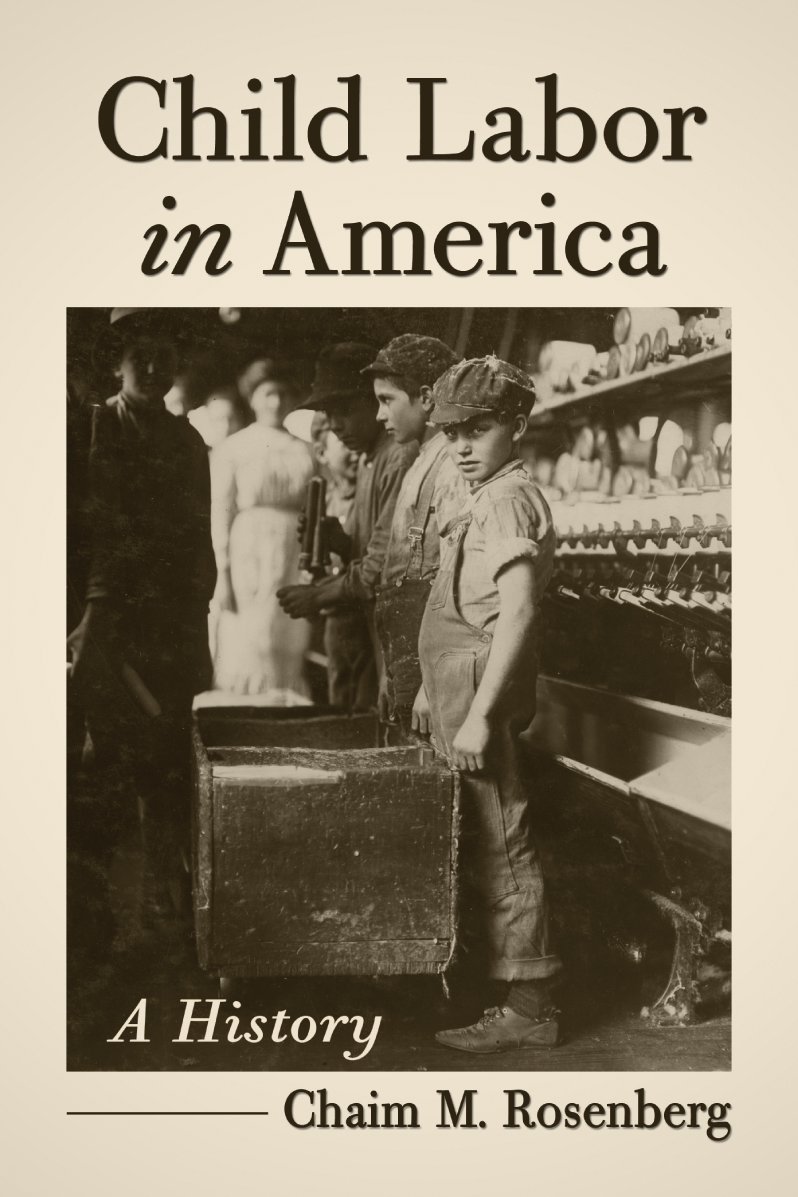 There's only a few book reviews this week dedicated to Martin Luther King, Jr. Day. The LA Times has collected some readings on MLK's mentor, Bayard Rustin. Salon has posted an excerpt about the holiday's creation from David L. Chappell's Waking From the Dream: The Struggle for Civil Rights in the Shadow of Martin Luther King, Jr. (Random House). Here's a peak:
There's only a few book reviews this week dedicated to Martin Luther King, Jr. Day. The LA Times has collected some readings on MLK's mentor, Bayard Rustin. Salon has posted an excerpt about the holiday's creation from David L. Chappell's Waking From the Dream: The Struggle for Civil Rights in the Shadow of Martin Luther King, Jr. (Random House). Here's a peak:"McDonald piled on. He cited specific black people who had criticized King. He added that Harry Truman had called King a rabble-rouser. He thought it “racist” to reserve a holiday for black Americans: Why not an Indian American holiday? “I happen to be part Cherokee,” he said. “Why not a Chinese American? Why not an Hispanic? . . . [W]e are supposed to be e pluribus unum.” He returned again to his hope that, “in the spirit of openhandedness,” Congress would ―open up the surveillance records . . . so that we would . . . have an opportunity to see if there is something there that a future time would prove to be greatly embarrassing.”"
 The Washington Post has three reviews that might be of interest today. The first is a review of Ping Pong Diplomacy: The Secret History Behind the Game that Changed the World (Scribner) by Nicholas Griffin. David Garrow reviews Betty Medsger's The Burglary: The Discovery of J. Edgar Hoover's Secret FBI (Knopf). And, Jonathan Yardley reviews Will Swift's Pat and Dick: The Nixons, and Intimate Portrait of a Marriage (Threshold).
The Washington Post has three reviews that might be of interest today. The first is a review of Ping Pong Diplomacy: The Secret History Behind the Game that Changed the World (Scribner) by Nicholas Griffin. David Garrow reviews Betty Medsger's The Burglary: The Discovery of J. Edgar Hoover's Secret FBI (Knopf). And, Jonathan Yardley reviews Will Swift's Pat and Dick: The Nixons, and Intimate Portrait of a Marriage (Threshold).In addition to his Washington Post piece, David Garrow has also posted on SSRN "Toward a Definitive History of Griggs v. Dukes Power Co." published in Vanderbilt Law Review. In it he discusses Robert Belton's The Crusade for Equality in the Workplace: The Griggs v. Duke Power Story (University Press of Kansas) edited by Stephen Wasby.
The Washington Independent Review of Books reviews Thomas W. Lippman's America's Great Game: The CIA's Secret Arabists and the Shaping of the Modern Middle East (Basic Books).
 H-Net adds a brief review of Chaim M. Rosenberg's Child Labor in America: A History (McFarland), a "sweeping account of children who toiled as canners, messengers, sellers, shiners, cleaners, pickers, sowers, bellhops, cutters, and spinners in English, colonial, and American history. While much of what he describes will be familiar to historians of U.S. labor or the Gilded Age and Progressive Era, the book is a worthwhile reminder of the breadth of our nations’ past (and even continued) reliance on the low wages, long days, and physical ordeals of working children."
H-Net adds a brief review of Chaim M. Rosenberg's Child Labor in America: A History (McFarland), a "sweeping account of children who toiled as canners, messengers, sellers, shiners, cleaners, pickers, sowers, bellhops, cutters, and spinners in English, colonial, and American history. While much of what he describes will be familiar to historians of U.S. labor or the Gilded Age and Progressive Era, the book is a worthwhile reminder of the breadth of our nations’ past (and even continued) reliance on the low wages, long days, and physical ordeals of working children."Also on H-Net is a review of Exit Strategies and State Building edited by Richard Caplan. There's also a review of David Bodenhamer's The Revolutionary Constitution (Oxford).
"David J. Bodenhamer has written a lucid and informative topical history of American constitutional law and constitutionalism in The Revolutionary Constitution. Bodenhamer, a professor of history, adjunct professor of informatics, and founder and executive director of the Polis Center at Indiana University-Purdue University Indianapolis, has provided a constitutional history that embraces a very modern understanding of constitutionalism. Arranging the book in ten topical chapters, Bodenhamer addresses each topic in isolation, covering the full American historical period for the respective topic. The result is a series of essays about important themes of American constitutional history, such as the origins of constitutionalism in America, federalism, equality, rights, and--Bodenhamer’s overarching intended theme--the history of “power and liberty.” But there is another theme, sometimes expressed, often implied: that of pragmatism."